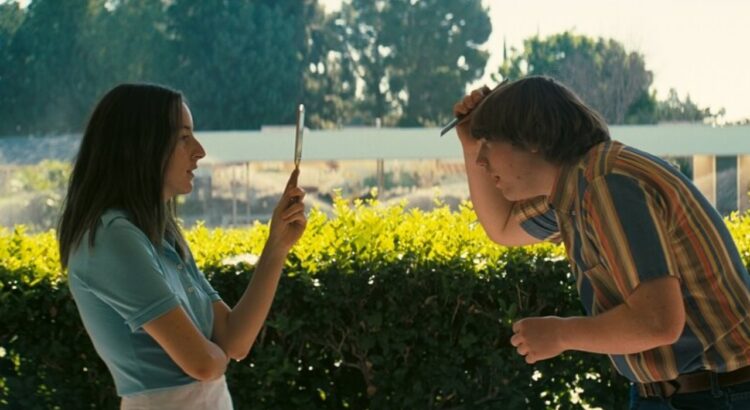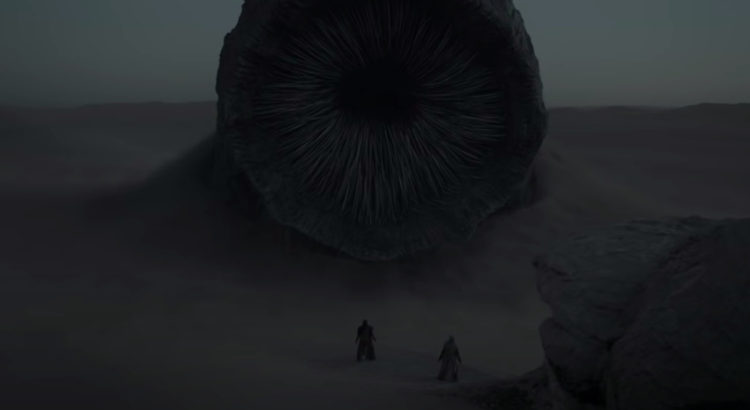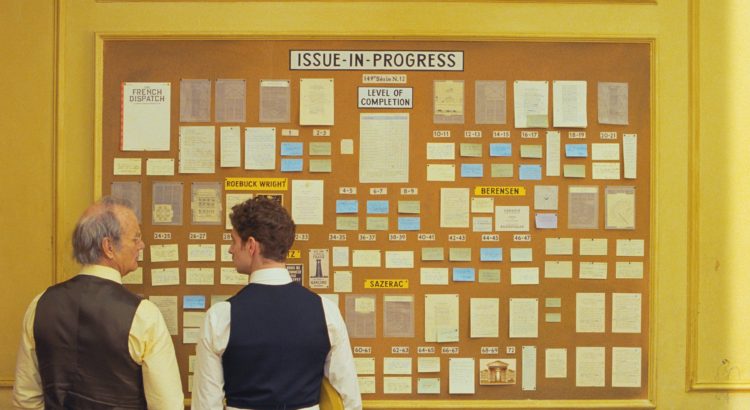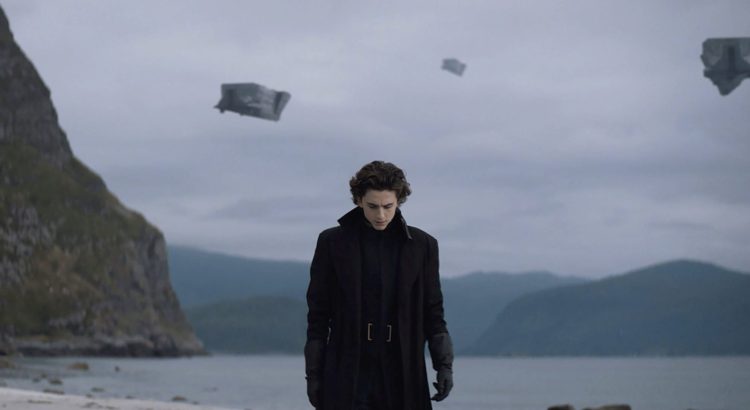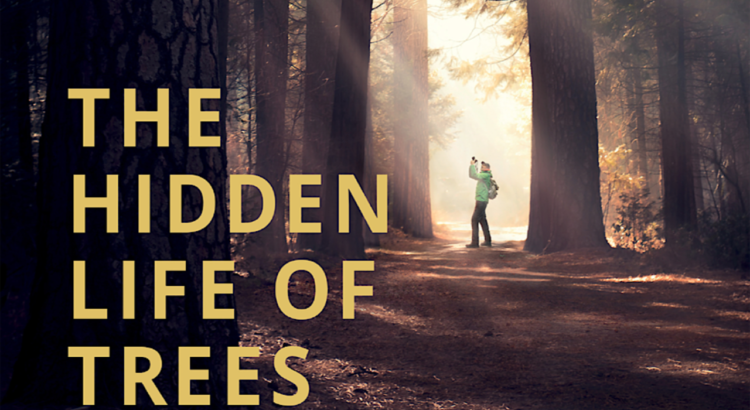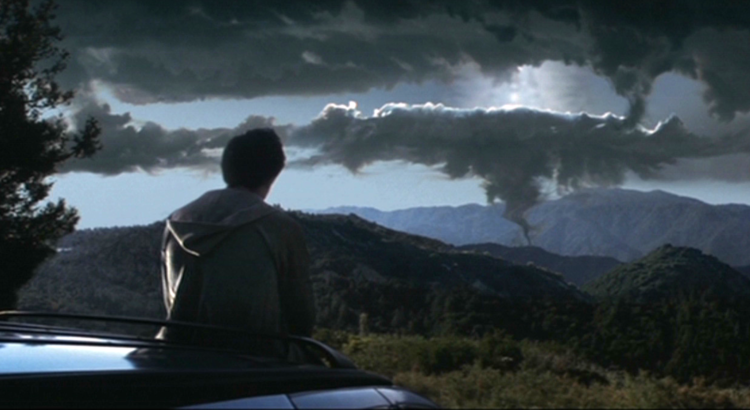Dune has topped the box office for the second week in a row, and its success has greenlit a sequel. Dune (part 1) is based on the first half of Dune, the first novel in a series of the same name by Frank Herbert. The film has opened to positive reviews, with praise for the scale of the film, director Denis Villeneuve’s ambition, and the technical aspects such as cinematography and score. However, some reviews argue that the film is too slow, and therefore it fails to resonate with certain audiences.
I read Dune in anticipation of the film, and I was a little let down by the source material. I went into the film with low expectations, but I really enjoyed it. However, a lot of the criticism I have of the novel has yet to be addressed – the film is a hundred percent a set-up for Part 2, and I think its success relies heavily on how Part 2 turns out. If Part 2 is underwhelming, then I think that looking back, both parts will not be as spectacular as Part 1 seems in the present moment.
My reasoning is that I have never been particularly drawn to the protagonist, Paul (played by Timothée Chalamet). In the novel, I found that Paul’s character was defined by the fact that he was good at everything that he needed to do, but I would have liked to see more of his struggle. Paul was raised to be a killer, so he falls under the kind of gravely-serious-assassin vibe a lot of female characters in action films possess. It makes sense that Paul would not be the most humorous character – that is not my critique at all. I believe this kind of characterization should not make Paul immune to internal conflict when considering his place in his family, as a politician, etc. In the film, Paul and his father, Duke Leto (played by Oscar Isaac) have a discussion about falling into power/it being forced upon him. This comes back to mind when considering where the position Paul ends up in at the end of the film. I am interested to see how his character is written in Part 2 as he juggles the new position, and where he is both physically and emotionally. There is a decent amount of development for several characters that needs to be furthered in Part 2, and I hope that we are able to see it come to fruition.
That being said, I am very much looking forward to Part 2 as I thought Villeneuve handled the adaptation process with an evident amount of care and grace. I am a huge fan of his work – I love Arrival, Blade Runner 2049, and Prisoners – and it was very interesting to see how he would handle something that could potentially turn into a franchise. The film did feel much bigger than his previous work and I am unsure if I feel 100% positive about that at all times, and I prefer the more concise, intimate nature of his other films, but I think Villeneuve did a truly great job at adapting Dune. He was able to fit so much plot context and world building into 2.5 hours in a way that made sense to audiences that were new to the world (as I have heard from my peers who have not read Dune). I am apprehensive about the handling of the few female characters, as their minimal role in the novels are primarily tied to bearing children despite the many facets of their characters. But, I do have a lot of faith in Villeneuve, and I am excited to see his world of Dune expand in Part 2.

